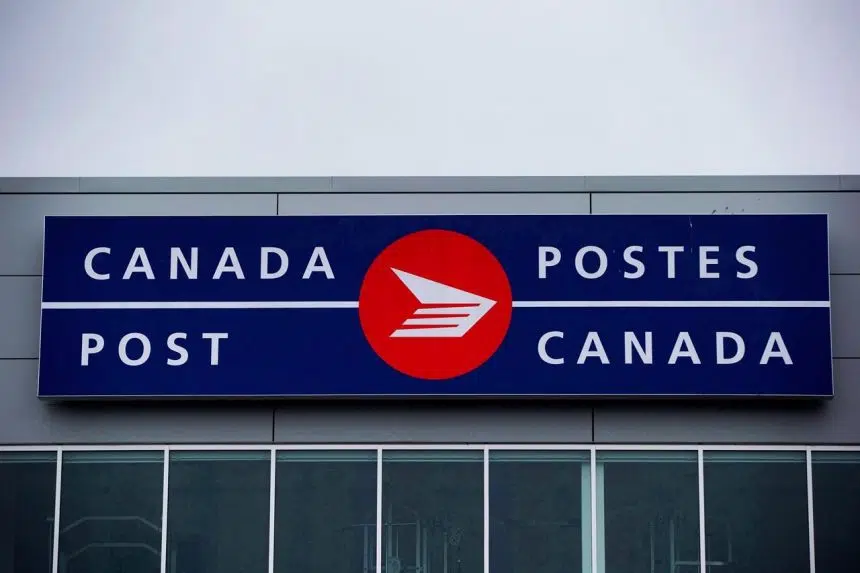By Terry Pedwell, The Canadian Press
OTTAWA — Canada’s labour minister called on Canada Post and its biggest union Tuesday to continue bargaining with the help of a third party after postal workers across the country voted in favour of strike action that could see them off the job before month’s end.
Members of the Canadian Union of Postal Workers voted overwhelmingly in favour of job action in several weeks of polling that wrapped up Sunday.
CUPW said Tuesday that 93.8 per cent of urban letter and parcel carriers and 95.9 per cent of rural and suburban members provisionally signalled their willingness to walk off the job.
The two sides have been negotiating separate contracts for urban and rural employees since late last year without success.
If no agreements are reached by Sept. 26, there could be a strike or lockout.
“The minister has appointed federal mediators to assist the parties in their negotiations and encourages both parties to continue their discussions in an effort to reach an agreement and renew their collective agreements,” Labour Minister Patty Hajdu’s press secretary Veronique Simard said in an emailed statement.
“Our government believes in a fair and balanced approach to labour relations.”
Canada Post said it tabled offers on Friday which reflected recent growth in the agency’s parcel business “and the important role employees have played in this success.”
It said the offers contained wage increases and benefit improvements, but the union described the proposals as “unacceptable.”
“Over the last decade, the working conditions of all our members has deteriorated, leaving many overburdened with little time for their home life,” CUPW national president Mike Palecek said in a statement.
“Our members have spoken — this is the time to address serious workplace problems.”
Besides coming to grips with work-life balance issues, the union said it also wanted Canada Post to expand services to include postal banking and grocery delivery, and to invest in an environmentally friendly fleet of delivery vehicles.
Before the strike vote results were made public, CUPW posted a statement to its website urging its members to stock up on prescription medications because health benefits could be cut off during a strike or lockout.
“Members would then have to pay 100 per cent of the cost of any prescription,” the union said.
Canada Post has not indicated publicly that it is prepared to lock out its unionized employees, instead maintaining that both sides were working hard to find common ground.
CUPW represents about 42,000 urban carriers and 8,000 rural employees. Collective agreements for both sets of workers expired last December.
An arbitrator has been aiding both sides in trying to reach settlements since early June.
Palecek warned early last month that, should talks fail, his members should be prepared for “some type of job action.”
Canada Post employees were last locked out in 2011 but were legislated back to work.
Job action was also averted in 2016 through a last-minute agreement that sent a pay equity dispute to arbitration.
In May, arbitrator Maureen Flynn gave both sides until the end of August to reach a settlement on pay equity, calling pay discrepancies at Canada Post “fundamentally flawed.”
Flynn is now expected to impose a settlement but has not indicated when that might happen. That settlement is distinct from the current contract talks.
Canada Post has already written off the potential cost of that settlement in its second quarter financial results, estimating it could exceed $200 million.







